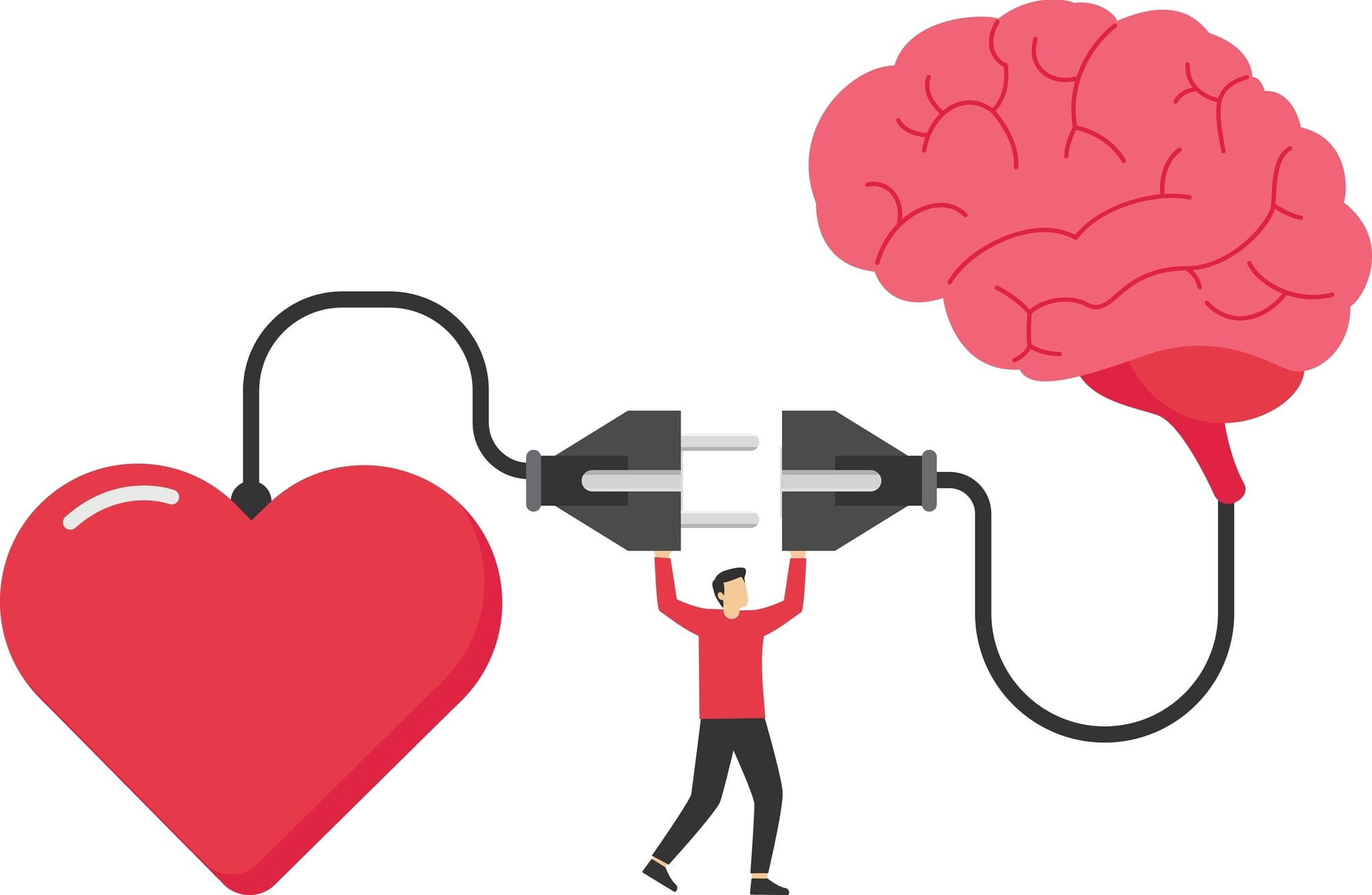
The Hidden Backbone of Mental Health Care
By Irene Clelland, CEO, Arafmi Queensland
Every day across Australia, families, friends and neighbours quietly hold up our mental health system.
I’ve worked alongside carers for years, and what always strikes me is how invisible they are. Unpaid carers can be anyone: mums, dads, brothers, sisters, grandparents, friends, even next-door neighbours. They step into a caring role because someone close to them is living with mental health challenges and there’s no one else. They don’t get paid, they don’t clock off, and they don’t often get thanked. Many don’t even realise they’re carers until they burn out.
People care because they want to
Most caring relationships are loving and mutual. People care because they want to, not because someone told them to. But the reality is that love doesn’t replace training, resources or support. When the system can’t meet people’s needs, families fill the gap, and that can be exhausting. Many carers are caring for someone while trying to keep jobs, homes and families together. Without proper support, stress and anxiety creep in. I’ve seen many carers reach the point where they themselves need mental health help.
That’s why we’ve built services shaped directly by carers themselves.
- Our 24-hour support line is staffed by people with lived experience of caring. It’s not a crisis line; it’s a lifeline for people who need to talk to someone who gets it. We also offer respite accommodation.
- One of our homes was co-designed by carers; they told us what they needed: a real break, a place that feels calm and human. I remember a father who cares for his two sons. When he arrived, we’d left a fresh loaf of bread on the table. He cried. It was the first time he’d had his own loaf of bread in years. That moment stays with me because it shows what real respite means. It’s not luxury. It’s relief.
Peer support, a vital role
Peer support and education are equally vital. We run workshops that help carers build skills and confidence: things like setting boundaries, managing medication support, and recognising their own warning signs of burnout. We also bring carers together in forums to share what works. Every time they connect, something shifts. People realise they’re not alone, and that connection often does more good than any formal service.
Measurable wellbeing
So what would make the biggest difference?
- Funding always matters, but money alone won’t fix the system.
- What’s needed is mental health literacy: a society that understands what mental health is, knows the early warning signs, and acts with empathy. When communities know how to talk about mental health without stigma, they prevent crises before they start.
- Carers also need better access to education and training so they can recognise when someone needs help and how to get it.
- Peer support is another key piece. People with lived experience offer a kind of understanding that professionals can’t always give.
Cultural and community context matters too.
Through our Culture Care programme we work with multicultural mental health groups to support carers from diverse backgrounds. Many don’t identify with the word “carer” at all; they just see themselves as family.
In some cultures, mental health isn’t discussed openly, which means people are less likely to seek help. We also partner with First Nations researchers to understand what support looks like in their communities. True inclusion means listening, not assuming.
What needs to change
For me, the most important message is that carers aren’t just part of the mental health system; they are the system. Without them, it would collapse. Yet too often they’re left out of policy, funding and planning. That has to change. Recognising carers as essential partners in recovery is the first step. The next is making sure they have what they need to stay well themselves.
Mental health carers are everywhere: in every suburb, every town, every street. Some are visible, but many are hidden.


